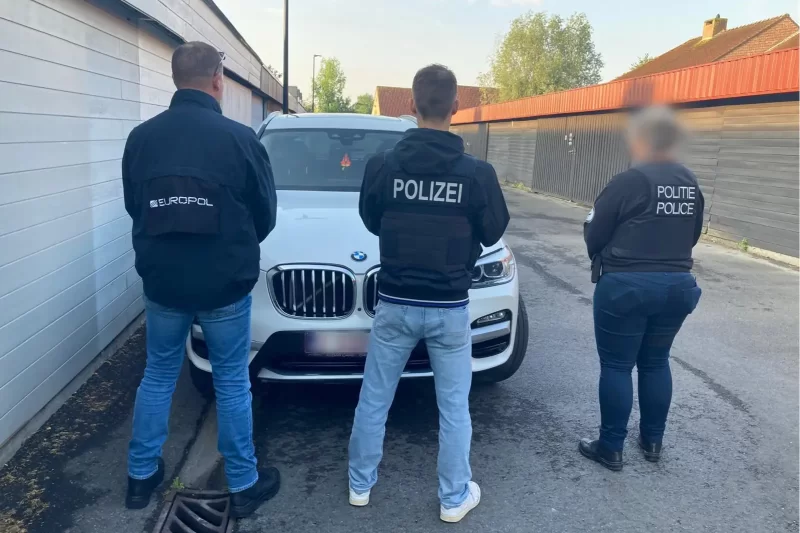15 Migrant Smugglers Arrested in Multi-stage Operation
During an action day conducted in Belgium and Germany, coordinated by Europol, seven suspected members of an internationally operating smuggling network were arrested. One person was arrested in Germany, six in Belgium. This action follows previous hits against migrant smugglers conducted in Poland over the last months, which saw eight individuals arrested in total.
The German investigation began with a routine immigration check in September 2024. Due to irregularities in a driver's documentation, he was suspected of attempted illegal entry and taken in for questioning. Investigators then found evidence that the driver may have already smuggled and dropped off three non-EU nationals on the same day.
Subsequent investigations gave reason to believe the person was part of an internationally operating migrant smuggling network. There are indications that the network might be responsible for facilitating the illegal entry to Germany and other EU Member States of up to 300 non-EU nationals between 2022 and 2024.
Investigators found most of the suspected gang members to be residing in Belgium. These individuals seemed to be the link between the suspects based in Germany and Poland, mostly recruiting drivers and overseeing financial aspects of the criminal network.
In Poland, the actions had focused on a related organised criminal network also involved in the smuggling of migrants from Middle Eastern countries to the EU. The Polish members of this network, which is also engaged in the production and trafficking of drugs (amphetamines, cocaine and marijuana), has connections to the Polish football hooligan scene.
Members of this network would organise the smuggling of up to a dozen people at a time along the Balkan route, sometimes relying on a legally operating Polish transport company to mask their activities. Three action days spread out over several months saw the arrests of eight suspects and seizures of criminal assets.
Europol’s role
Europol and Eurojust supported this multi-stage operation from its planning stage to yesterday’s action day.
Europol oversaw the coordination of the national investigations and organised multiple operational meetings. On the action days, Europol facilitated the deployment of investigators between the countries. Additionally, Europol experts were sent into the field to help national authorities cross check operational information in real time against Europol’s databases.
Eurojust facilitated cross-border judicial cooperation by enabling information exchange and aligning investigative efforts.













